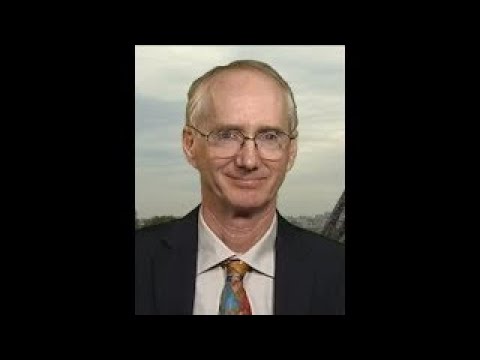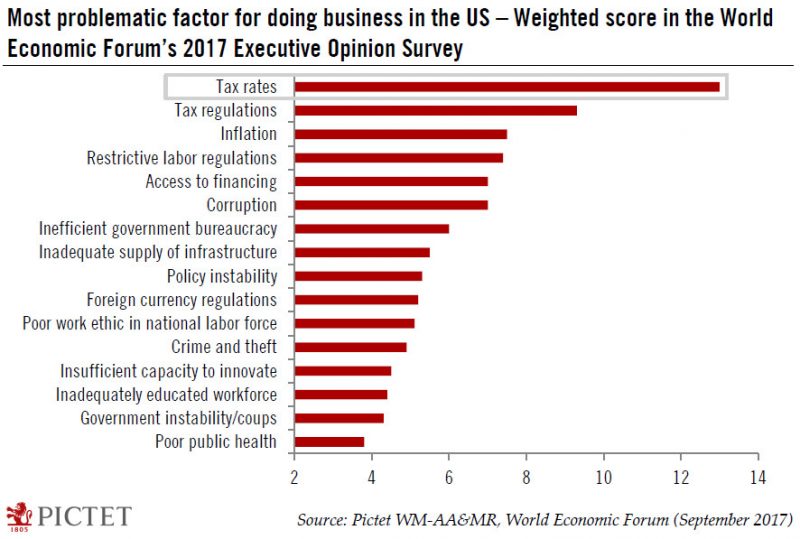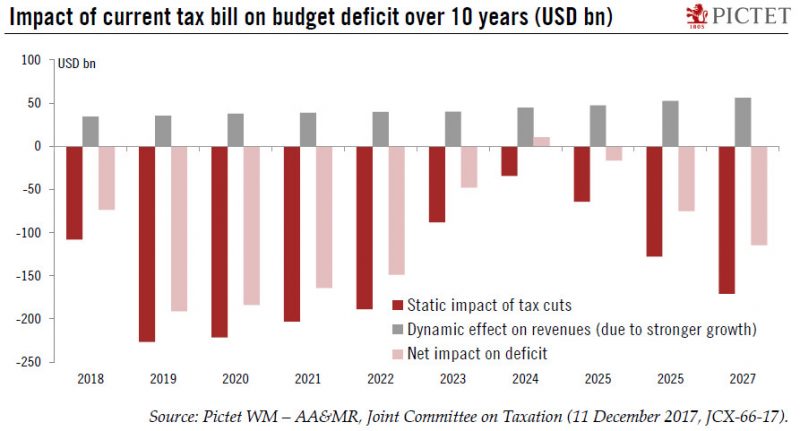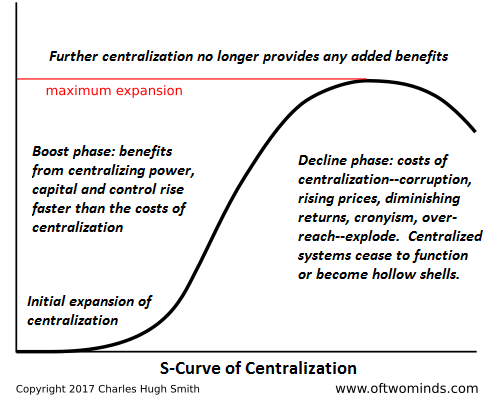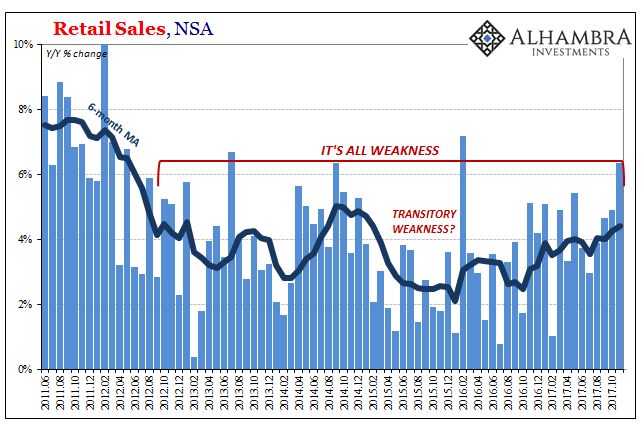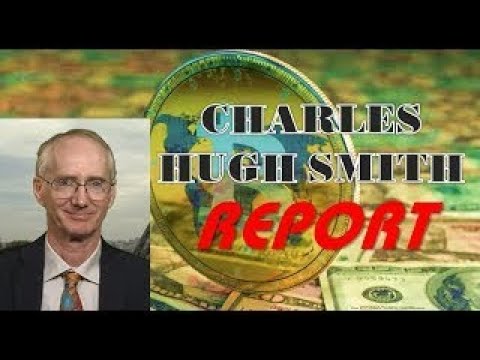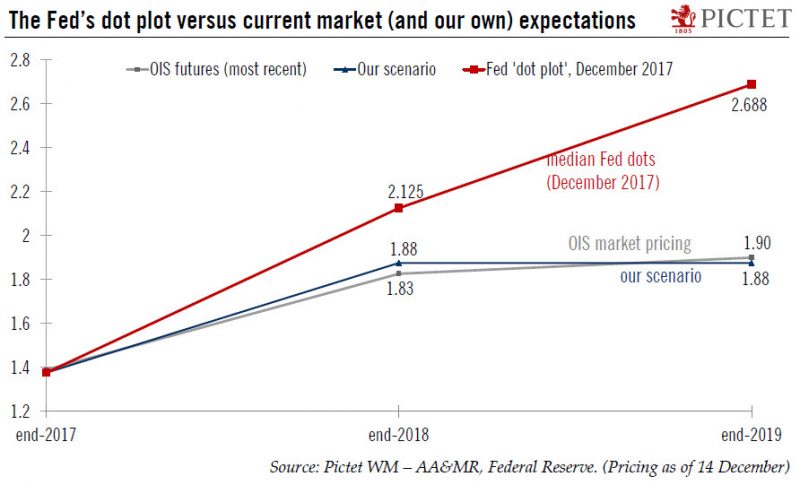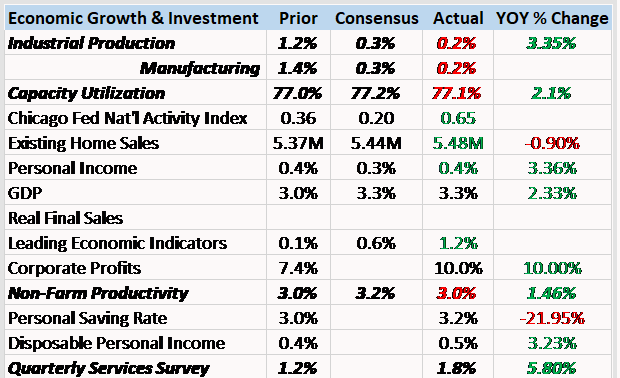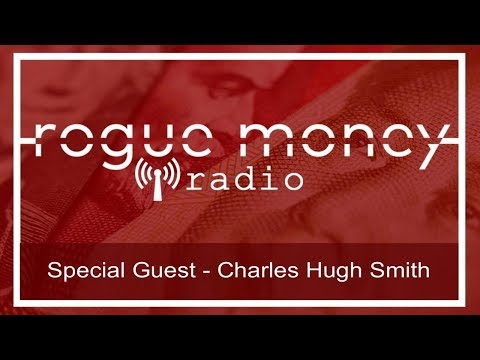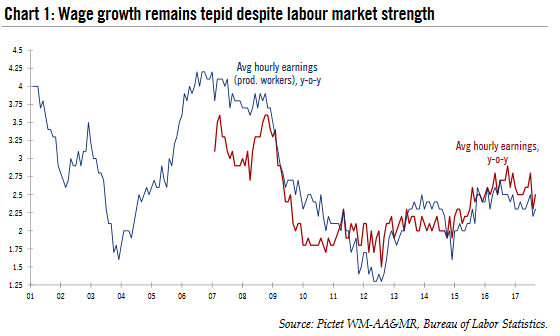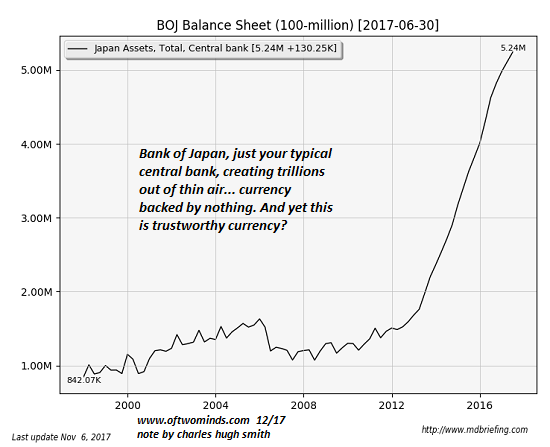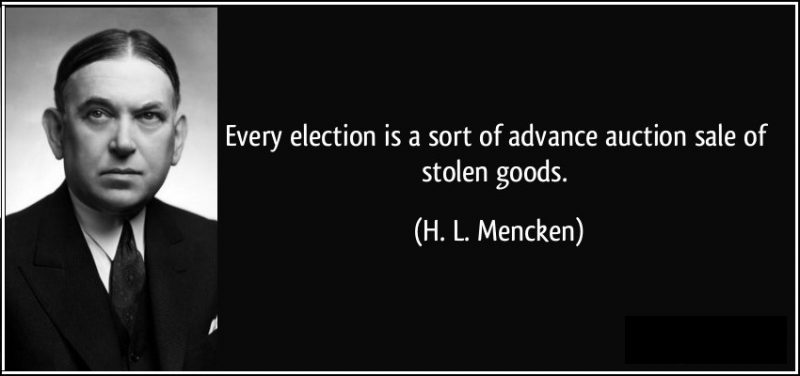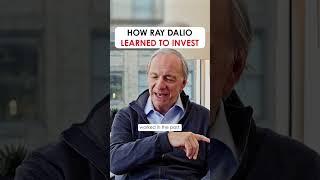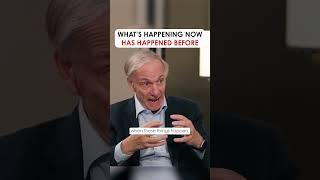Category Archive: 5) Global Macro

CHARLES HUGH SMITH The Lower You Push Interest Rates The Longer You Can Keep The System Al
SUBSCRIBE for Latest on FINANCIAL CR / OIL PRICE / PETROL/ GLOBAL ECONOMIC COLLAPSE / DOLLAR COLLAPSE / GOLD / SILVER / BITCOIN / ETHERIUM / CRYPTOCURRENCY / LITECOIN /FINANCIAL CRASH /. CHARLES HUGH SMITH The Lower You Push Interest Rates The Longer You Can Keep The System Alive ———————————- $ Help Finance News reach …
Read More »
Read More »
Central Bankers Are Creating A World Where We Are All Serfs Charles Hugh Smith
Today’s Guest: Charles Hugh Smith Websites: Of Two Minds Books: Get a Job, Build a Real Career. Why. Thanks for ing. Thanks for ing. Central Bankers Are Creating A World Where We Are All Serfs Charles Hugh Smith. Today’s Guest: Charles Hugh Smith Websites: Of Two Minds Books: Get a Job, Build a Real Career.
Read More »
Read More »
US to overtake Switzerland in WEF competitiveness survey?
The US is about to enact significant corporate tax cuts, and could therefore edge closer to the number 1 spot in the World Economic Forum’s ranking – currently held by Switzerland. The US is about to enact significant corporate tax cuts, that will see the federal statutory corporate tax rate drop to 21%, from 35%, starting in January (see our latest note ‘US tax cuts update – 19 December 2017’).
Read More »
Read More »
US tax bill looks set to pass
The tax bill continues to make its way through Congress at a swift pace, and now looks increasingly likely to be enacted into law this week, after clearing the conference committee hurdle (a compromise between the House and Senate versions). A few hesitating Republican Senators have eventually said they will vote in favour of the bill, which is key as the Republican majority in the Senate is slim at 52-48. It will shrink to 51-49 in January after...
Read More »
Read More »
Federal Council adopts measures to tackle high prices in Switzerland
On 20 December the Federal Council decided to unilaterally remove tariffs on imported industrial goods. Tariffs will also be reduced on selected agricultural goods not produced in Switzerland. Furthermore, the government wants to apply the Cassis de Dijon principle more widely by reducing the number of exceptions to it. These measures should lead to considerable savings of around CHF 900 million for businesses and consumers. Previously, on 8...
Read More »
Read More »
The Economy Likes Its IP Less Lumpy
Industrial Production rose 3.4% year-over-year in November 2017, the highest growth rate in exactly three years. The increase was boosted by the aftermath of Harvey and Irma, leaving more doubt than optimism for where US industry is in 2017. For one thing, of that 3.4% growth rate, more than two-thirds was attributable to just two months.
Read More »
Read More »
Regulating Cryptocurrencies–and Why It Matters
Nations that attempt to limit cryptocurrencies' ability to solve these problems will find that protecting high costs and systemic friction will grind their economies into dust. There's a great deal of confusion right now about the regulation of cryptocurrencies such as bitcoin. Many observers seem to confuse "regulation" and "banning bitcoin," as if regulation amounts to outlawing bitcoin.
Read More »
Read More »
Chinese Are Not Tightening, Though They Would Be Thrilled If You Thought That
The PBOC has two seemingly competing objectives that in reality are one and the same. Overnight, China’s central bank raised two of its money rates. The rate it charges mostly the biggest banks for access to the Medium-term Lending Facility (MLF) was increased by 5 bps to 3.25%. In addition, its reverse repo interest settings were also moved up by 5 bps each at the various tenors (to 2.50% for the 7-day, 2.80% for the 28-day).
Read More »
Read More »
Retail Sales Bounce (Way) Too Much
Retail sales had a good month of November, or at least what counts as decent over the last five and a half years. Total retail sales (unadjusted) rose 6.35% last month, up from 4.9% (revised higher) in October. It was the highest rate of growth since the 29-day month of February 2016. For retailers, what matters is that it comes at the start of the Christmas shopping season.
Read More »
Read More »
Charles Hugh Smith Says Every Type Of Money Does Not Need to Perform All The Functions Of
Please click above to subscribe to my channel Thanks for ing! Financial News Silver News Gold Bix Weir RoadToRoota Road To Roota Kyle Bass Realist News Greg Mannarino Rob Kirby Reluctant. Like the sun coming up in the morning, Central State planning and expansion predictably leads to state spending exceeding the rate of the real …
Read More »
Read More »
Fed’s enthusiasm on tax cut plans remains limited
The 13 December Fed decision – and Chair Yellen’s last press conference – was much as expected. The Fed hiked rates 25bps, bringing the interest rate on excess reserves to 1.5%. Meanwhile, Fed officials maintained their rate-hiking forecasts for next year: three rate increases, according to the ‘dot plot’.
Read More »
Read More »
Bi-Weekly Economic Review: Animal Spirits Haunt The Market
The economic data over the last two weeks continued the better than expected trend. Some of the data was quite good and makes one wonder if maybe, just maybe, we are finally ready to break out of the economic doldrums. Is it possible that all that new normal, secular stagnation stuff was just a lack of animal spirits?
Read More »
Read More »
RMR: Special Guest – Charles Hugh Smith – Of Two Minds (12/19/2017)
Charles Hugh Smith returns to share his wealth of knowledge in regards to fiat versus cryptocurrencies, crypto regulation and the potential for correction of Bitcoin. We are political scientists, editorial engineers, and radio show developers drawn together by a shared vision of bringing Alternative news through digital mediums that evangelize our civil liberties. Please subscribe …
Read More »
Read More »
US Economic Growth Prospects Remain Poor (w/ Jeffrey Snider) | Expert View | Real Vision™
Watch this full interview with The Expert: Jeffrey Snider, exclusively on Real Vision. Learn how you can become a great investor: http://rvtv.io/2AZFpTE The flattening US yield curve is not what matters, according to monetary economics expert Jeff Snider, but the nominal level at which it flattens. He argues that if the current moves just take …
Read More »
Read More »
Donald Trump’s tax reforms, cartooned | The Economist
The Republican tax bill might be hard to swallow. In his latest drawing, our cartoonist KAL gives his take on the upcoming reforms. Click here to subscribe to The Economist on YouTube: http://econ.st/2BEKW5Y A controversial tax reform package is up for a vote in the US Congress. It will have important long-term effects for the …
Read More »
Read More »
Emerging Market Preview: Week Ahead
EM FX was mixed last week, with political optimism driving the big winners ZAR and CLP. We remain cautious, as the Fed has signaled its intent to continue tightening in 2018.
Read More »
Read More »
GoldSeek Radio – Dec 15, 2017 [CHARLES HUGH SMITH & JOHN EMBRY] weekly
GoldSeek Radio’s Chris Waltzek talks to Charles Hugh Smith from Of Two Minds http://www.oftwominds.com/blog.html and to John Embry, Chief Investment Strategist at Sprott Asset Management. http://sprott.com/ http://www.goldseek.com/ http://radio.goldseek.com/
Read More »
Read More »
Slow wage growth to keep Fed on prudent normalisation track
The November employment report showed another ‘Goldilocks’ set of conditions for investors: employment growth remained firm, especially in cyclical sectors like manufacturing and construction. At the same time, wage growth stayed soft – which means the Federal Reserve is unlikely to shift its current prudent communication on interest -rate hikes (although it is still very likely to hike 25bps on 13 December).
Read More »
Read More »
Could Central Banks Dump Gold in Favor of Bitcoin?
All of which brings us to the "crazy" idea of backing fiat currencies with cryptocurrencies, an idea I first floated back in 2013, long before the current crypto-craze emerged. Exhibit One: here's your typical central bank, creating trillions of units of currency every year, backed by nothing but trust in the authority of the government, created at the whim of a handful of people in a room and distributed to their cronies, or at the behest of their...
Read More »
Read More »
The Rug Yank Phase of Fed Policy
The political differences of today’s two leading parties are not over ultimate questions of principle. Rather, they are over opposing answers to the question of how a goal can be achieved with the least sacrifice. For lawmakers, the goal is to promise the populace something for nothing, while pretending to make good on it.
Read More »
Read More »









